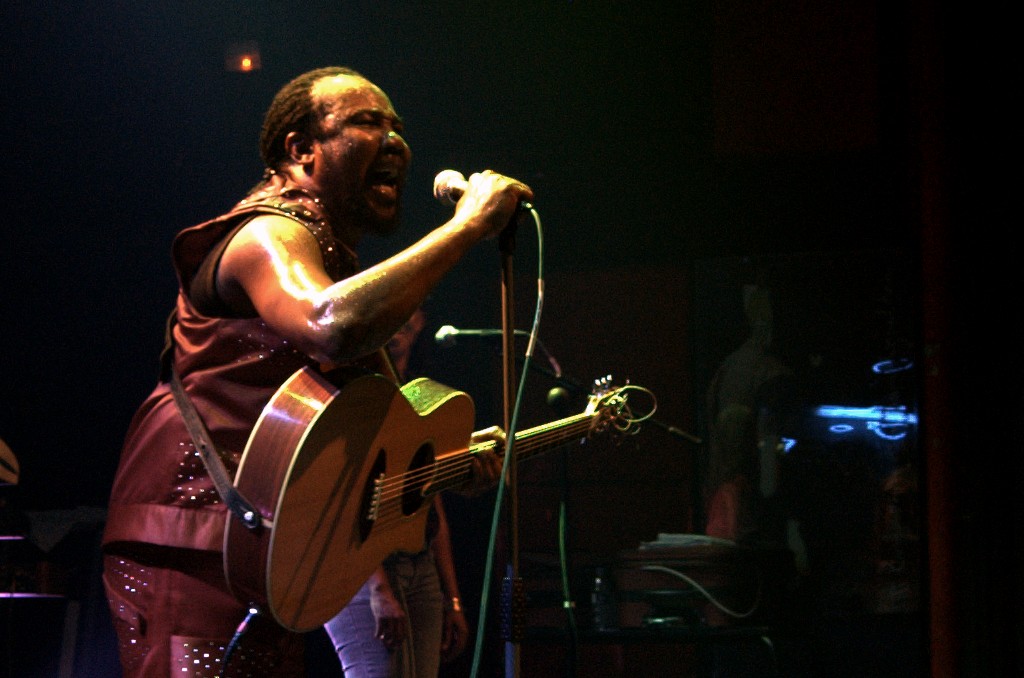
Fans mourn the passing of energetic Jamaican reggae icon, ‘Toots’ Hibbert
The musician was a 'firebrand' for Jamaican music
by Emma LewisA unique voice fell silent on the evening of September 11, when pioneering reggae singer/songwriter “Toots” Hibbert, best known as the front man for the band Toots and the Maytals, passed away at the age of 77 at the University Hospital of the West Indies in Kingston, Jamaica.
Although the cause of death has not been confirmed locally, he was suffering from respiratory issues. Internationally, his passing has been widely reported as being COVID-19-related.
The band broke the news on Twitter early the following morning:
As obituaries and tributes poured in from around the world, Jamaicans paid tribute to the reggae icon in their own way. Unlike many other internationally popular Jamaican musicians, “Toots” was well known and well-loved in Jamaica and often performed on the island.
Jamaican public relations practitioner Robyn Miller reflected sadly:
The musician had been working hard in the weeks before his passing, having recently participated in the Independence holiday's Jamaica Festival Song Competition, released a new album, and performed at an online gala in early August:
Although Buju Banton was this year's winner, cultural historian Wayne Chen pointed out that “Toots” was the very first winner of Jamaica’s Festival in 1966. His winning song — with a title that became a common Jamaican saying, explained here by Damian Marley — became embedded in the Jamaican cultural landscape:
As two Kingston-based Twitter users pointed out, Toots’ joyful, energy-filled performances were legendary:
Jamaica's culture minister, Olivia “Babsy” Grange, added her condolences:
Prime Minister Andrew Holness, meanwhile, noted that for decades, the singer had been the embodiment of Jamaican culture abroad, proudly representing the country:
Toots and the Maytals, which was named after May Pen, the town where “Toots” was born, became enshrined in Jamaican iconography through their appearance in director Perry Henzell's 1972 cult movie “The Harder They Come,” which starred Jamaican singer Jimmy Cliff.
So synonymous was “Toots” with this indigenous music genre that he's often credited with inventing the word “reggae” back in the 1960s — all part of a complicated story that US-based writer Ben Zimmer attempted to unravel in a long Twitter thread:
Whatever the origin of the term, there is no doubt that Toots embraced several musical styles, including ska, which became enormously popular in the UK. He also had a remarkably soulful, gravelly voice:
Outside Jamaica, celebrities, fellow musicians, and numerous fans shared their views. Bob Marley’s oldest son, Ziggy, mourned him as a family friend:
British comedian Lenny Henry shared:
The founder of Island Records, Chris Blackwell, observed:
Commenting on the singer’s determinedly upbeat musical stance,
the BBC's obituary of Toots quoted a 2012 interview in which he described his music as “a message of consolation; a message of salvation:”
The youth are going to the school and they have to listen to the words. The parents have to listen to the words. God has to listen to the words. So, we have to make it positive.
Toots’ intensely optimistic music, which lifted the spirits of millions worldwide and in Jamaica, seems all the more poignant — and arguably more needed than ever — as the island of his birth struggles with the COVID-19 pandemic.